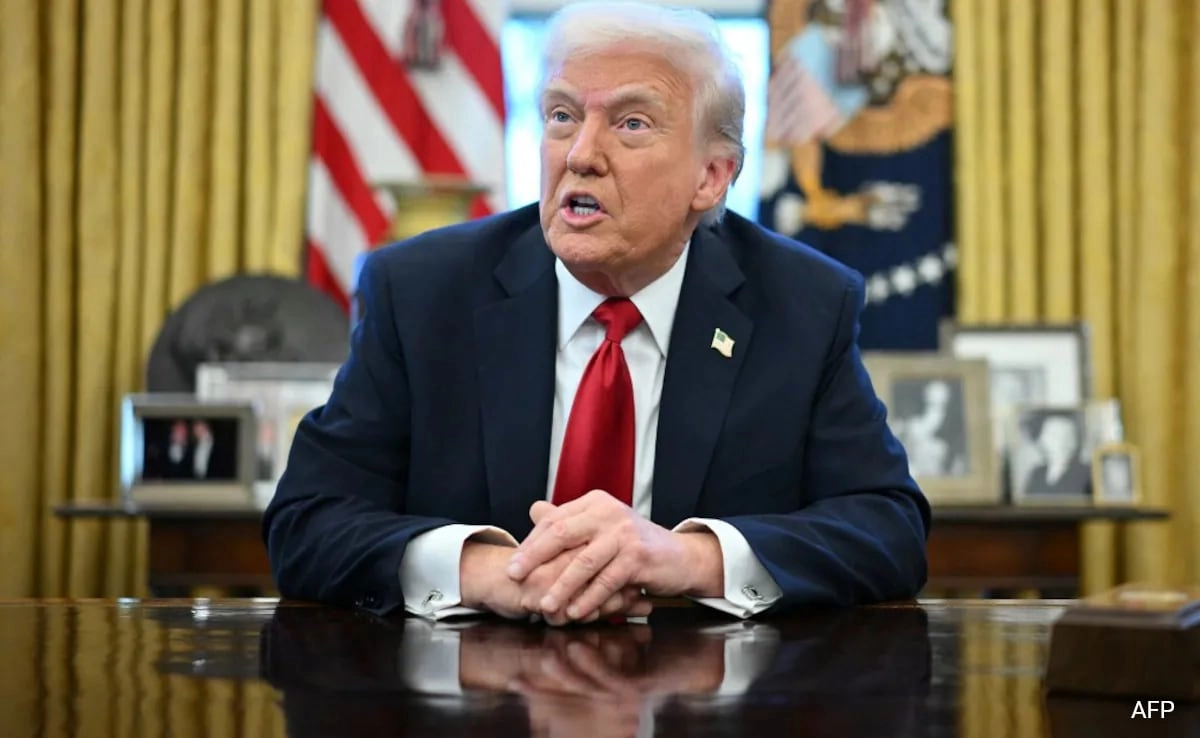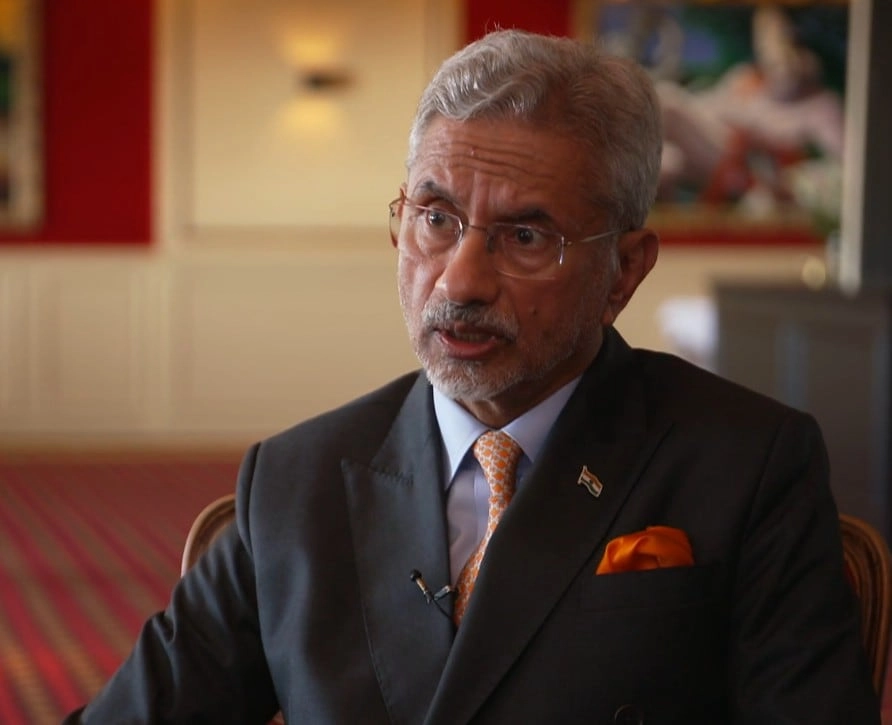In a recent event that has captured the attention of the media and the public alike, Turkish President Recep Tayyip Erdogan was seen engaging in a rather unusual interaction with French President Emmanuel Macron. The incident unfolded during a diplomatic meeting, where Erdogan, in a moment of what can only be described as a mix of jest and assertiveness, reached out and grabbed Macron’s finger. This unexpected gesture has sparked widespread commentary and analysis, particularly regarding its implications for the relationship between Turkey and France.
The interaction has been interpreted in various ways, with some viewing it as a symbolic assertion of Turkey’s position in international affairs. Erdogan’s grip on Macron’s finger was not merely a playful act; it encapsulated the complexities of their diplomatic relationship, which has been marked by both cooperation and contention. Observers noted that such physical interactions in diplomatic settings can convey a range of messages, from camaraderie to dominance, and Erdogan’s actions seem to lean towards the latter. This moment has prompted discussions about power dynamics in international relations, especially between leaders of countries with divergent interests.
Moreover, the incident has brought to light the broader context of Turkish-French relations, which have been fraught with tension over various geopolitical issues, including conflicts in the Middle East, NATO dynamics, and differing stances on immigration and security. As both leaders navigated this moment, it became evident that their interactions are not just personal but are deeply intertwined with the political landscapes of their respective nations. The world is closely watching how these two leaders will manage their relationship going forward, especially in light of this striking incident that has captured the imagination of many.
In essence, Erdogan’s grip on Macron’s finger serves as a vivid metaphor for the intricate and often contentious nature of international diplomacy. It highlights the significance of non-verbal communication in politics and the ways in which personal interactions can reflect larger strategic considerations. As global leaders continue to grapple with complex issues on the world stage, moments like these remind us that diplomacy often involves a delicate balance of power, personality, and perception. The implications of this encounter may resonate beyond the immediate event, influencing the trajectory of Turkey-France relations in the months and years to come.




